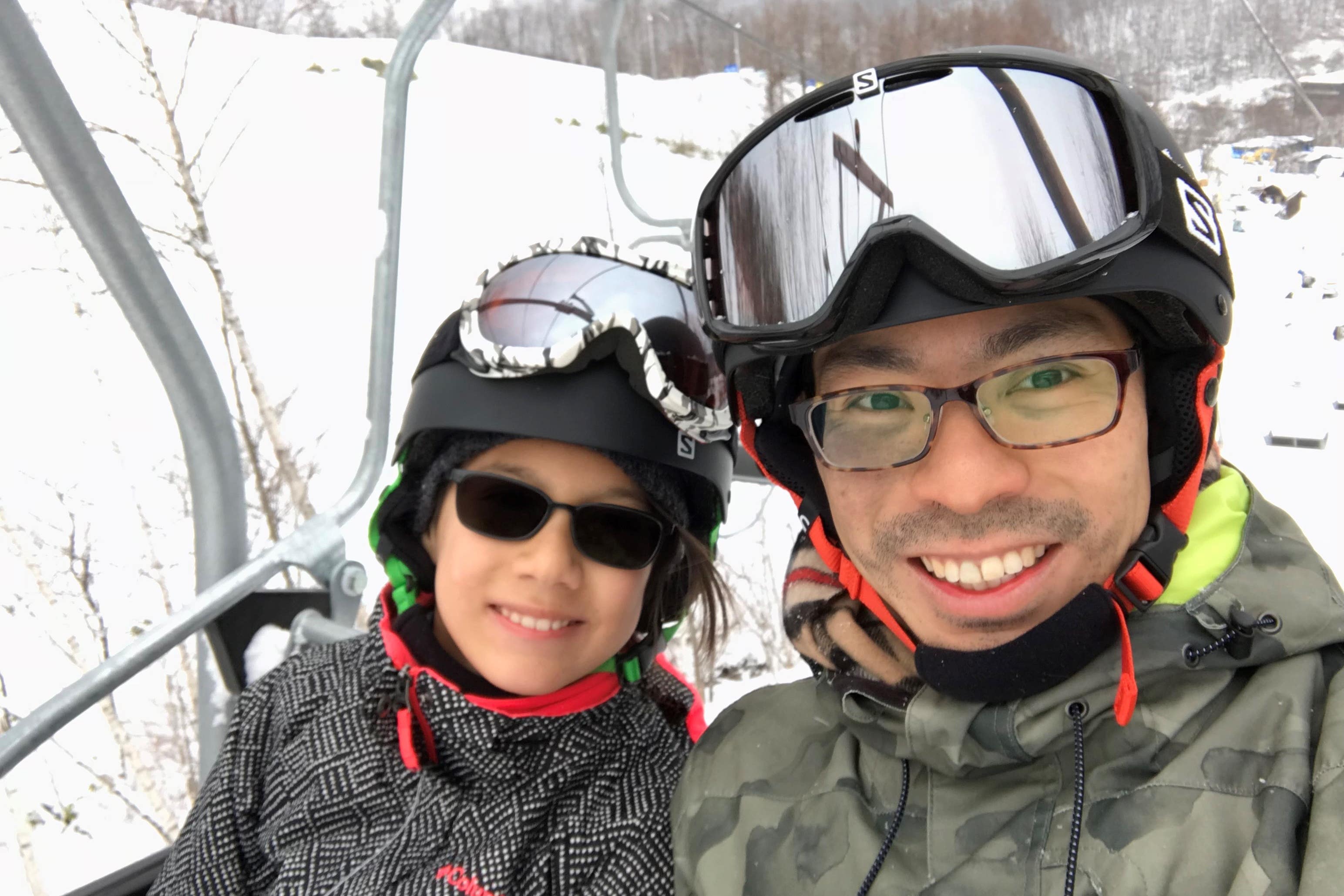Caitlyn Scott-Lee’s father questions if autism fully considered by inquest
Caitlyn Scott-Lee, 16, was found dead at Wycombe Abbey school in Buckinghamshire on April 21 last year.

Your support helps us to tell the story
From reproductive rights to climate change to Big Tech, The Independent is on the ground when the story is developing. Whether it's investigating the financials of Elon Musk's pro-Trump PAC or producing our latest documentary, 'The A Word', which shines a light on the American women fighting for reproductive rights, we know how important it is to parse out the facts from the messaging.
At such a critical moment in US history, we need reporters on the ground. Your donation allows us to keep sending journalists to speak to both sides of the story.
The Independent is trusted by Americans across the entire political spectrum. And unlike many other quality news outlets, we choose not to lock Americans out of our reporting and analysis with paywalls. We believe quality journalism should be available to everyone, paid for by those who can afford it.
Your support makes all the difference.The father of a private school pupil who killed herself has questioned whether her autism was “appropriately considered” by an inquest as part of the context of her death.
Caitlyn Scott-Lee, 16, was found dead at Wycombe Abbey school in Buckinghamshire on April 21 last year, the day before she was due to have her first detention.
An inquest at Buckinghamshire Coroner’s Court heard Caitlyn received the detention after a half-empty one litre bottle of vodka was found in her possession on March 19.
Senior coroner Crispin Butler concluded on Wednesday that there was “no evidence” that anything would have assisted the school “in identifying what was to tragically happen on the evening of April 21”.
The inquest heard Caitlyn visited the school nurse on the day she died and was given hayfever medication.
Recording Caitlyn’s cause of death as suicide, Mr Butler said: “Right up until this late point no one other than Caitlyn could have or should have known what was going to happen.”
However, Caitlyn’s father, Jonathan Lee, said he wondered if his daughter’s narrative was “fully heard” by the inquest.
He said: “Today, the learned coroner, Crispin Butler, stated, ‘The big hole in this inquest is Caitlyn’s diary. It is a very, very unusual inquest’.
“The coroner is right. Caitlyn left a uniquely comprehensive five-year account of her life. However, I wonder whether her narrative was fully heard. I still wonder whether autism was appropriately considered in the context of Caitlyn’s actions.”
Mr Lee said autistic people are seven times more likely to die by suicide than non-autistic people and suicide is one of the two main causes of death in autistic people.
“To honour Caitlyn and support the broader autistic community, it is right to reflect on whether there has been appropriate diligence in this investigation,” he said.
The inquest heard that on March 21, two days after the alcohol was found, Caitlyn was due to play at a concert at Eton.
However, she went missing and was found more than two miles away at her mother’s home in Windsor.
In a diary entry, found after her death, Caitlyn described this incident as her “best cry out for help”.
At a previous inquest hearing, Wycombe Abbey headmistress Jo Duncan was asked if staff made a connection between the Eton College incident, and alcohol being found in Caitlyn’s possession.
“From my perspective we saw them as different incidents,” she said.
She said staff believed Caitlyn had run away from the concert as she did not want her mother to see her perform.
Caitlyn had previously had issues with her parents watching her play music, and had emailed her mother asking her not to come to the concert, Ms Duncan said.
On April 21, staff at Wycombe Abbey began to search for Caitlyn after she failed to return in time for curfew at her accommodation.
She was then found in a secluded area of the school.